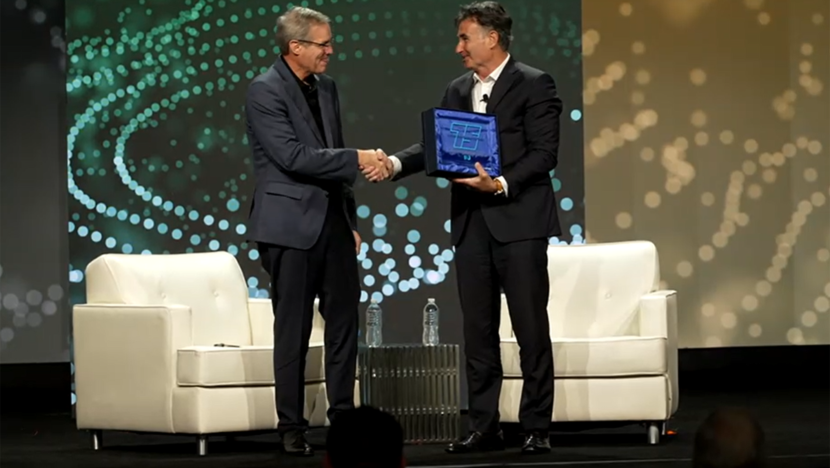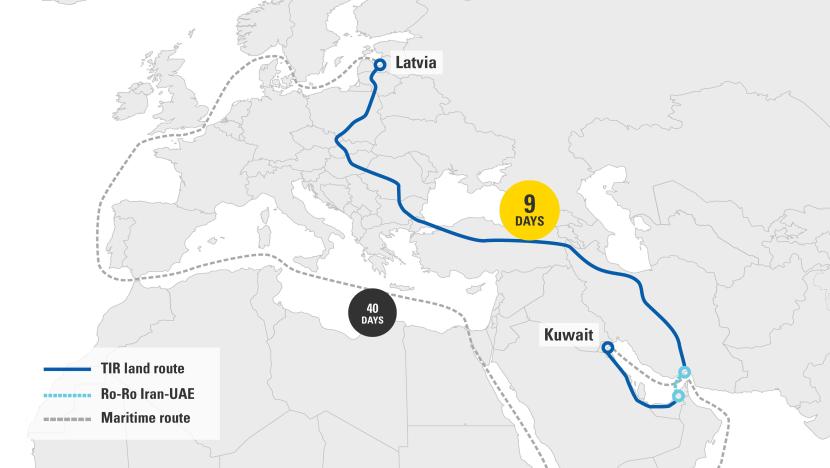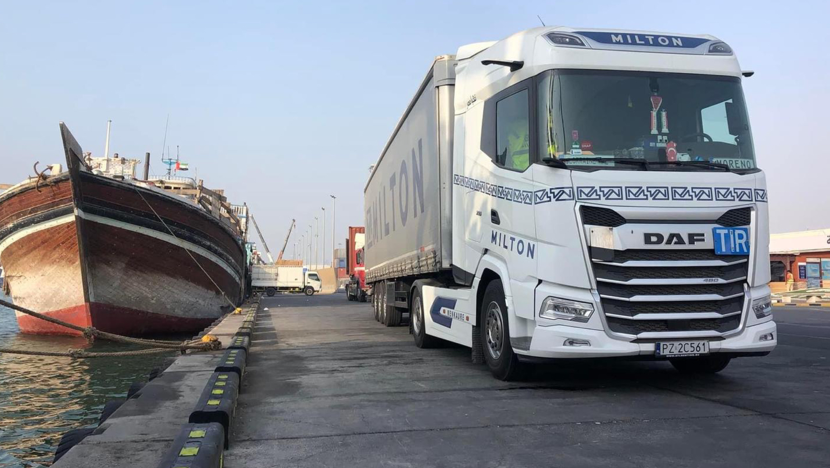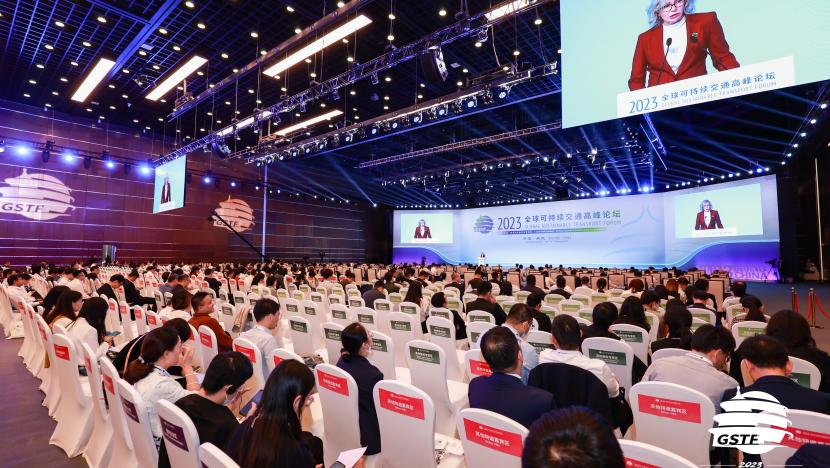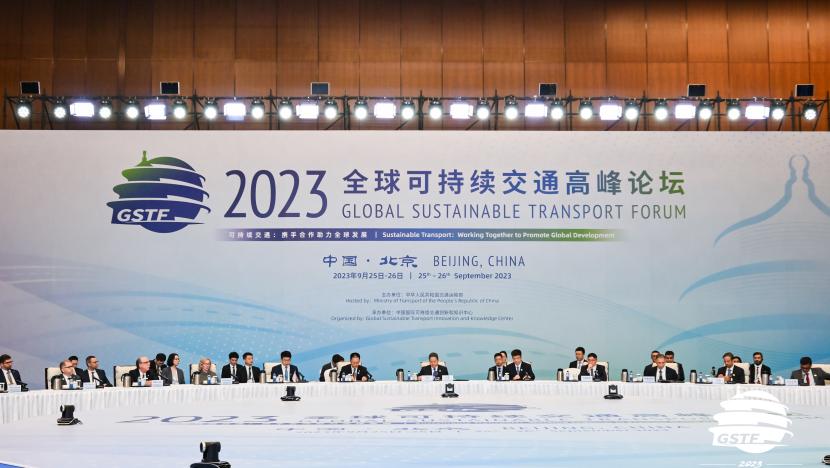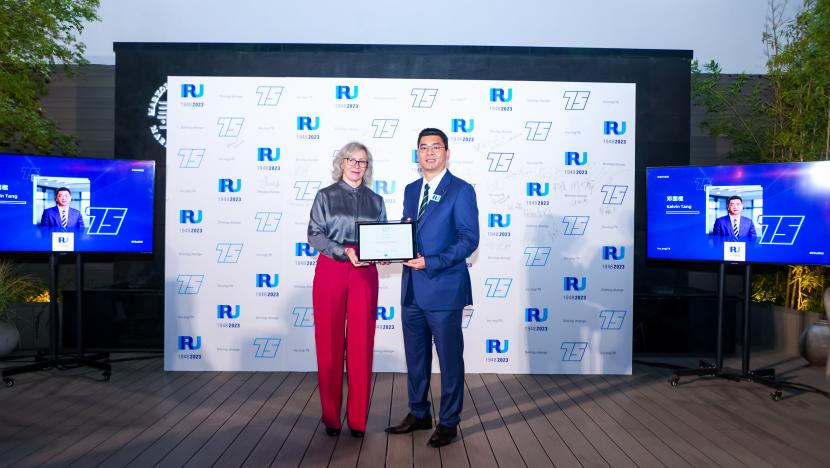
13 OCT 2023 · PROSPERITY
Given Iran’s growing role in regional trade, IRU and Iranian customs explored avenues to further optimise border crossings and key corridors.
IRU’s Secretary General held high-level talks with Mohammad Rezvanifar, President of the Iranian Customs Administration, in Geneva on how to further enhance transport and transit in Iran.
Both sides discussed the latest developments in international logistics chain, particularly given Iran’s pivotal geographical position and its active role in the Economic Cooperation Organization region, which makes it a key transit country connecting east and west as well as north and south.
Regarding east-west corridors, Umberto de Pretto highlighted that the southern corridor connecting China to Europe via Turkmenistan, Iran and Turkey has great potential with high capacity. Streamlining border crossings and simplifying customs procedures, including by implementing best practices and global standards such as the TIR system, could reduce the costs and time of transport and optimise corridors crossing Iran.
Reducing physical controls by using the only global secure transit system, implementing TIR-EPD green lanes, digitalising customs documents, encouraging seamless transport rather than the transhipment of goods at borders, and transferring import and export customs formalities from borders to inland customs offices would reduce the congestion at borders and increase transit volume.
Both sides agreed to work together to streamline border crossings and facilitate transit in Iran, including by conducting a study on the challenges during transit to provide recommendations on how to increase trade and transit volumes.


